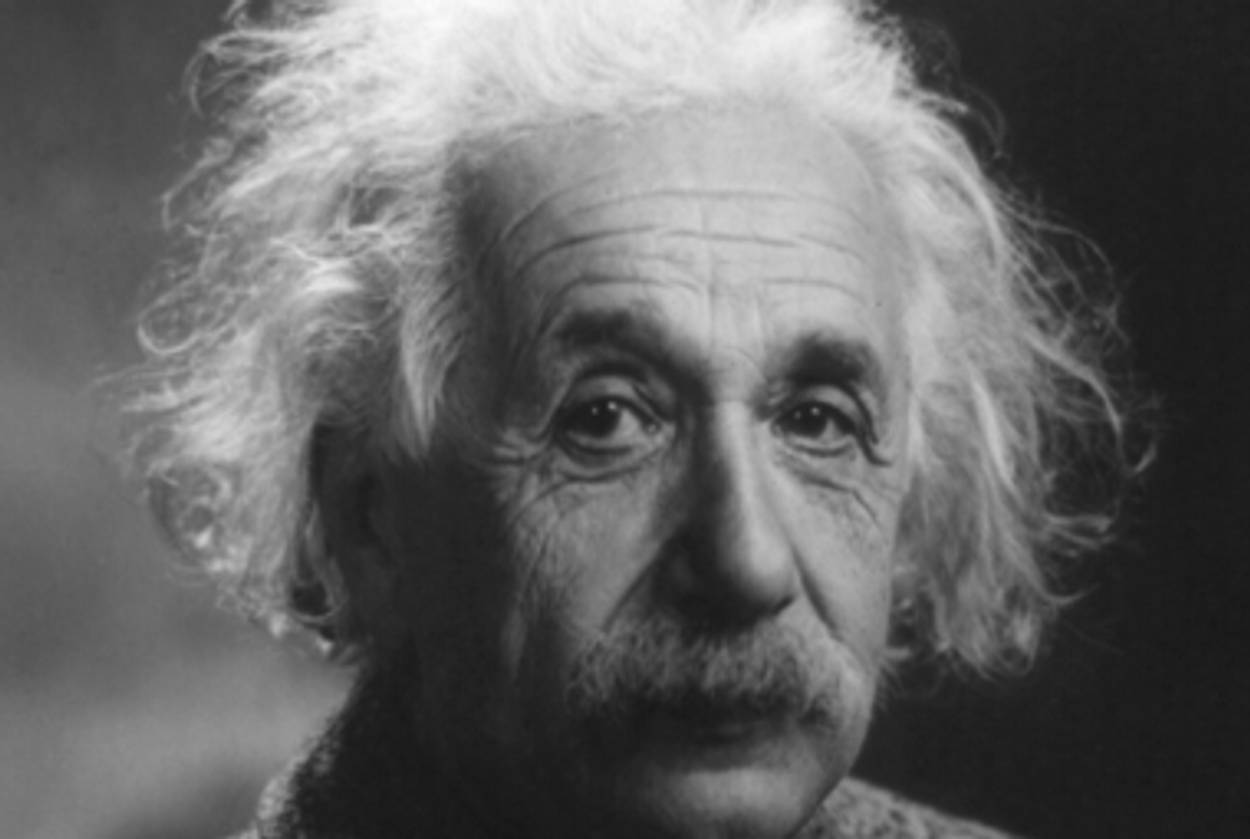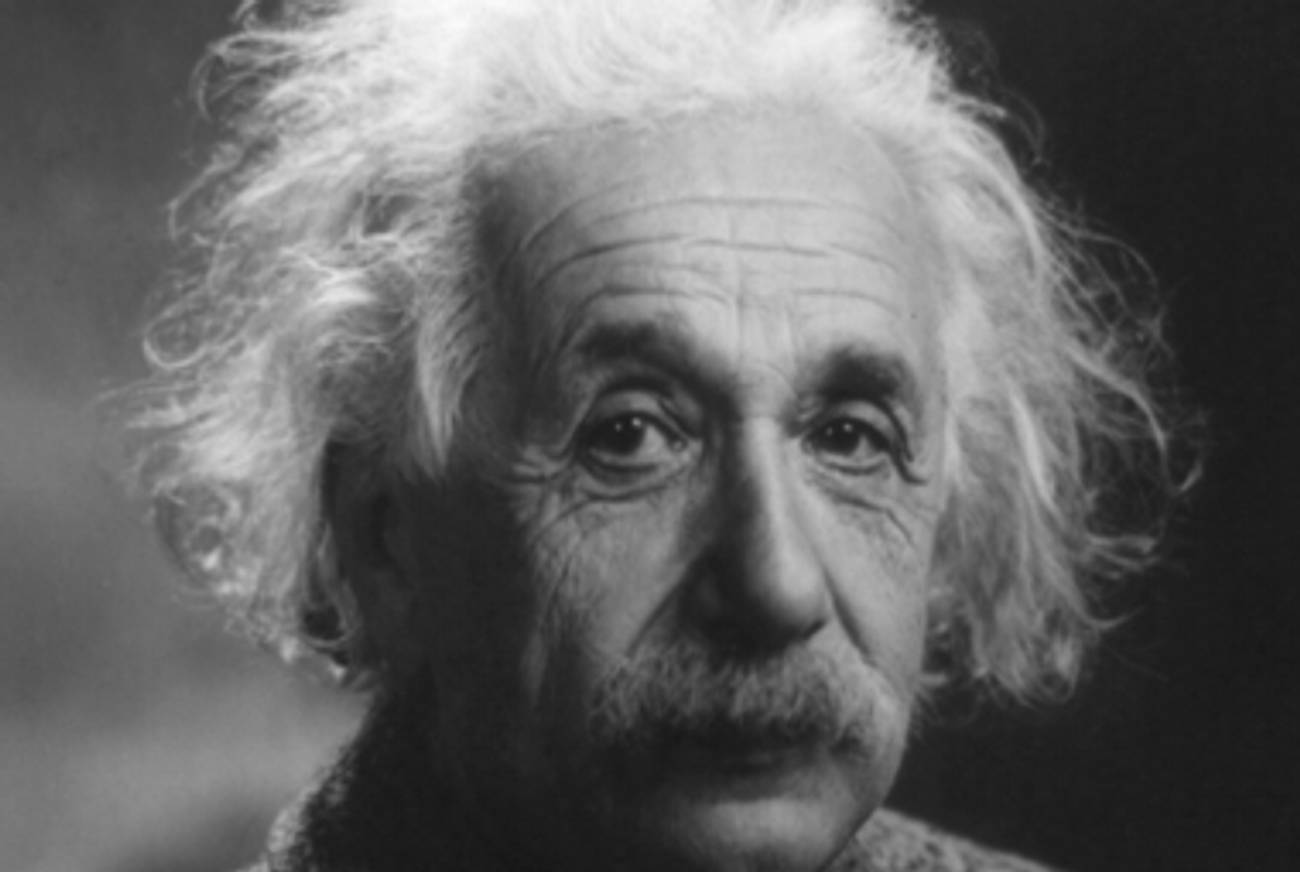Was Einstein a Zionist?
The Relativity papers, on exhibit in Jerusalem




The papers that show Albert Einstein’s development of the General Theory of Relativity are not on display in Germany, where he was born, or in the United States, where he lived the last part of his life, but in Israel. As part of its 50th anniversary celebration, the Israel Academy of Sciences and Humanities is exhibiting the papers for a few weeks in Jerusalem—they’re there because Einstein’s wife, Elsa, donated them, with her husband’s endorsement, to Hebrew University upon its 1925 opening.
The exhibit’s location opens onto the broader question of how Einstein—very possibly the most famous and influential Jew of the 20th century—felt about Israel, both before and after its inception. “Einstein’s relationship to Israel was complex,” the Times’s Ethan Bronner writes. “A self-described universalist, he became a Zionist when he witnessed anti-Semitism in Europe. Chaim Weizmann, Israel’s first president, was a key influence on him. Walter Isaacson, who wrote a 2007 biography of Einstein, said by telephone that Einstein wanted Jews to move here but did not back a separate Jewish nation-state until after it was declared in 1948.”
Last year, Tablet Magazine book critic Adam Kirsch pushed back against a book, Einstein on Israel and Zionism, that argued that the great physicist was lukewarm toward the Zionist project at best. Einstein “was an unwavering supporter of the Yishuv, and he spent a great deal of effort making speeches and raising money for Jewish institutions in Palestine,” Kirsch writes. “But he was also a principled cosmopolitan and anti-nationalist, and he was chagrined by the growing antagonism between Jews and Arabs in the Middle East.”
Marc Tracy is a staff writer at The New Republic, and was previously a staff writer at Tablet. He tweets @marcatracy.